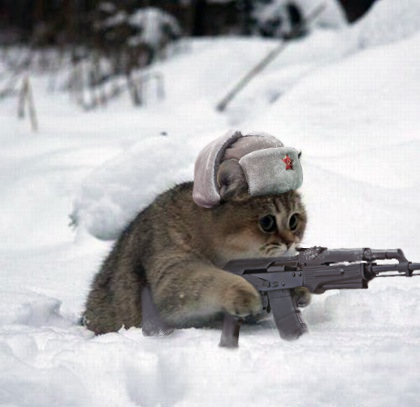Cuba had rich, fertile soil, but due to growing monoculture crops coffee and sugar during its colonial period, its soil was depleted of nutrients. In the interwar period Cuba was an exporter of sugar, but during WWII the US started growing/producing its own sugar, which made prices of sugar plummet. After the revolution the Soviet Union donated a bunch of industrial farm equipment and fertiliser, but all of that equipment is old and useless now. The embargo ensured that Cuba couldn’t import any new equipment.
Cuba has been trying to develop cooperative farms for a while now, but without industrial farm equipment it is hard to grow food at scale. I’m not sure if they’re able to import fertiliser from Russia, but even that can only get you so far.
Edit: gonna link the book here also, for visibility. Not strictly about Cuba, but it talks about colonialism and exploitation of “Latin America”. https://library.uniteddiversity.coop/More_Books_and_Reports/Open_Veins_of_Latin_America.pdf
i forgot the author of the quote, saying that cuba’s economy suffers from diabetes.
If you look a the USA, not as a single country but as 48 countries on the same island, you’d see the same thing.
No state is able to produce 100% of its local food needs. There is a massive amount of import/export going on. So many different climates are in the USA that a particular type of food can be produce year round BUT it will be produced in different areas of the USA depending on the season.
Cuba’s pretty much stuck with one major climate and less seasonal changes in the weather than the USA. So instead of being able to grow … (im just making stuff up as an example)… spinach on the west side of the island for the first 6 months with production shifting to the east side of the island for the next 6 months as the seasons change and spinach gets to be a product that would be in constant production AND available for more of the year. But with less seasonal change/variation in Cuba, their hypothetical spinach farmers might only have one, 6 month period every year to produce all the spinach they could plant, harvest, and deliver to customers.
After that, the farmers have to wait until next year (the next spinach growing season) to try to make more spinach. And until then, there will be a shortage of spinach as the crops from the only period where Cuban spinach farmers could do their thing are exhausted due to spoilage and consumption.
In addition to what else has already been said, Cuba also has fuel/energy shortages and as a consequence have found it difficult to scale up industrialized farming.
deleted by creator
Fertilizers, fuel for motorized equipment, not enough energy for refrigeration (no cheese caves), anything that they don’t make needs to be imported and that takes extra time due to the blockade.
The single biggest issue is that as a tropical environment, only certain crops and animals work well there. Most of the “innovations” in tropical farming are based on producing more cash crops fro the imperial core. This issue is most obvious with the long standing shortage of fresh milk, the cattle that produce milk are varieties bred for cool climates and they don’t do well in the tropics.
Actually, tropical climate is great for growing a lot of stuff. Plants love year-round sun and high temperatures. It’s that countries in the tropical belt have historically been colonised and underdeveloped (overexploited), their colonial owners growing monoculture crops, exploiting natural riches or using the warmth for tourism and leisure. The populations of those countries have been natives that have been killed off to be replaced by African slaves (who were kept uneducated) and European masters (who had no interest in calling the colonial territories home and were interested in sending wealth back to Europe).
While not strictly about Cuba, Open Veins of Latin America is a great book that goes into detail of the level of exploitation of the South American continent. https://library.uniteddiversity.coop/More_Books_and_Reports/Open_Veins_of_Latin_America.pdf
as the other comrades said, centuries of colonization ravished the soil and having difficulty to import farming equipment due to terrorist blockade.
Farming has the most chance of failing.
Cuba being a small island nation probably doesn’t have rich soil for agriculture.
The Soil is probably not arable or the weather is not right. With crops a million things need to go right and even if they do, it can fail if it suddenly drizzles at the wrong time of the year. So i guess it is a combination of this and a lot more things that make farming unfeasible.
like the other comrade said: i suppose that it has to related with the quality of soil in an island and lack of enough materials for advanced agriculture






